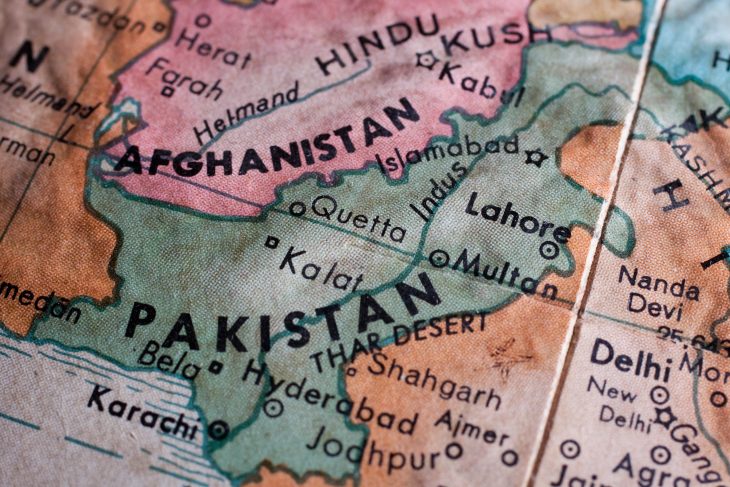
Pakistan is one of the most interesting countries, not just in Asia, but also globally. As a matter of fact, the country is admired all over the world. Undoubtedly, and unquestionably, Pakistan is bountiful in many things, such as its natural landscape, rich culture, and beautiful people. Many other Pakistan facts articles on the internet today talk about the beauty of this country, especially its mountain scenery.
Furthermore, if you love a good view, Pakistan should definitely be on your travel list. Without a doubt, the country’s mountain scenery is truly amazing. In fact, more than 50% of its area is mountainous, particularly its Northern and North Western regions. Additionally, the country has a huge amount of glaciers. In particular, 7,253 dazzling glaciers. Do you know there is more glacial ice in Pakistan than anywhere else on Earth, outside the polar regions?
It should be noted, though, that Pakistani cuisine is also a must-try when visiting the country. As a result of the huge amount of special herbs and spices accessible in Pakistan, Pakistani cuisine has some of the most diverse and delectable dishes in the world. Moreover, each traditional meal comes with a profound history that relates it to a certain province. To sum it all up, there is a lot more to discover about this amazing nation. With this in mind, get to know the country a little bit better with these intriguing Pakistan facts!
- Pakistan is the 5th most populous country in the world.
- It has the world’s 2nd largest Muslim population.
- By area, Pakistan is the world’s 33rd largest country.
- The current population of the country is more than 220 million.
- The four bordering countries of Pakistan are Iran, Afghanistan, China, and India.
- The Islamic Republic of Pakistan is the official name of Pakistan.
- Pakistan is a country in South Asia.
- The name of the country in Urdu (Indo-Aryan and Persian language) means “a land abounding in the pure,” or “a land in which the pure abound.”
- Two words make up the name Pakistan. The Persian term “Pak” means holy, clean, or pure, and the Hindi word, “istan” which means place.
- Pakistanis are the citizens of the Islamic Republic of Pakistan.
- The state religion in Pakistan is Islam.
- Around 95 to 98% of Pakistanis are Muslim.
- The currency of Pakistan is the Pakistani rupee.
- The national language of Pakistan is Urdu.
- Pakistan has a land area of 881,913 km2 or (340,509 mi2).
- There are six UNESCO Heritage sites in the country of Pakistan.
- Pakistan has more than 100 million internet users. This makes the country the 10th largest population that uses the internet.
- Male homosexuality is illegal, with up to life imprisonment as punishment in Pakistan.
- Pakistan is one of the few countries that has four seasons.
- The country produces approximately 70% of the world’s soccer balls.
Was this page helpful?
Our commitment to delivering trustworthy and engaging content is at the heart of what we do. Each fact on our site is contributed by real users like you, bringing a wealth of diverse insights and information. To ensure the highest standards of accuracy and reliability, our dedicated editors meticulously review each submission. This process guarantees that the facts we share are not only fascinating but also credible. Trust in our commitment to quality and authenticity as you explore and learn with us.
